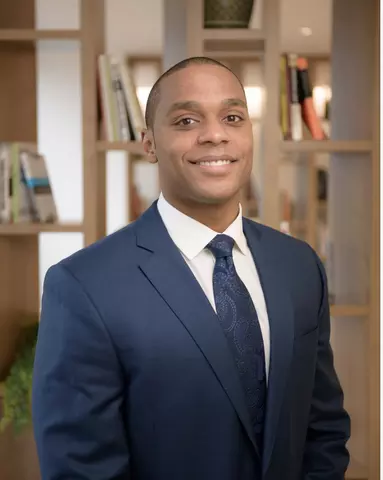Jarvis Williams

Presentations from Facing Race 2024
The Race and Democracy work at the Horizons Project seeks to employ futures thinking frameworks to advance racial justice. Futures thinking frameworks and analytical tools have proven valuable in helping leaders, organizations, policymakers, and activists make more strategic decisions about policies, priorities, strategic plans, outcomes, and goals. However, we have not seen these tools equally applied to the challenge of organizing to build collective power for advancing racial justice.
The Horizons Project applies futures thinkings frameworks and analytical tools for the specific purpose of advancing racial justice. In addition, our futures thinking frameworks specifically engage the narrative competencies required to advance racial justice. For example, how should leaders engage in conversations that have deep resonances in demonstrative realities of racial injustice? Conversely, how should organizers and activists push against racial stereotypes embedded within organizational decision-making? What skills are needed to re-shape racial narratives?
What practices should leaders adopt to transform their institutional culture and prioritize racial justice within their organizations? How might these leaders imagine racial justice within their organizations and spheres of influence? How might organizers and activists advance institution’s capacity to reshape public services for better racial equity outcomes?